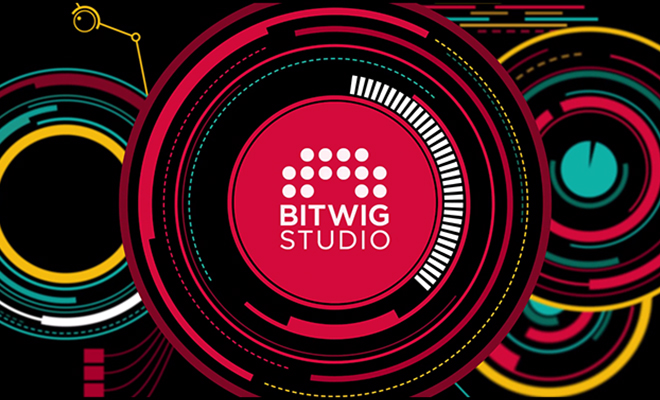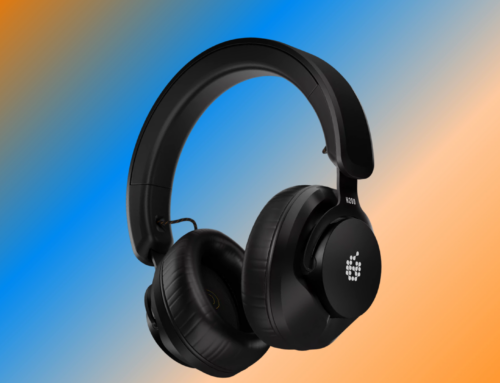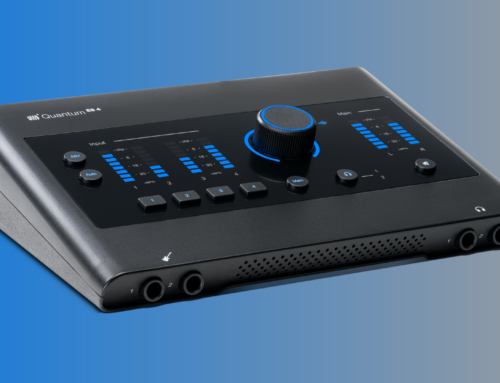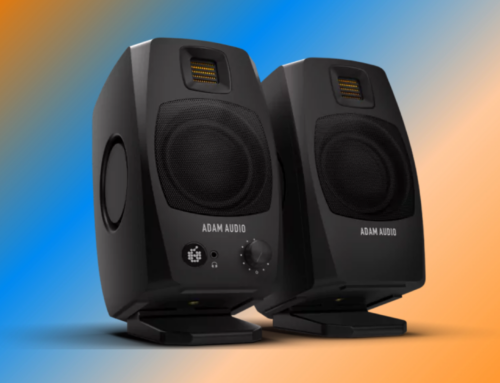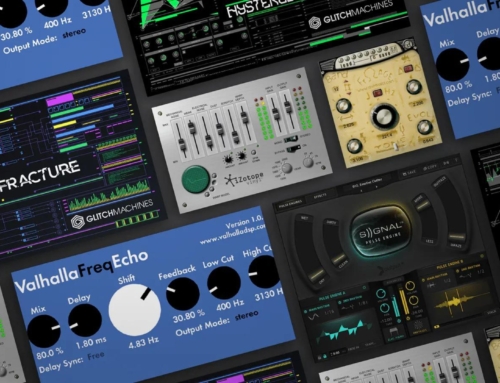The long-awaited Bitwig Studio has finally come out of its beta stages and into its first official release, but does this cross-platform digital audio workstation offer enough features to jump ship?
For Linux users it most certainly does. Gone are the days of getting a DAW to run in an emulated Windows environment – this is the real deal. The developers of Bitwig are offering native Linux support right out of the box, so users working with Ubuntu, Debian and Mint or any other Linux distributions are able to take full advantage of the new workstation. Sure, this may be a niche market for now, but if Linux is the primary operating system for some users, then they can have all of the features of PC and Mac users without having to jump through any hoops just to get it up and running.
With this in mind, the Bitwig team has packed plenty of useful features into this cross-platform package. The developers have stressed the idea that their workstation is all about streamlining your processes and workflow, which is apparent right from the get-go. Offering multi-core processing, multi-display (up to three displays), 32-bit/64-bit bridging, and multi-project support are just some of the features brought to the table in Bitwig’s initial release. Crashing projects have been covered as well, thanks to the new plug-in crash protection. If a plug-in crashes while a user is in the middle of their work, it won’t cripple and crash the entire project anymore – Bitwig continues to run, and users will have the option to reload the plug-in silently in the background.
With four ex-developers of Ableton Live on board, it is apparent where they got their influence for designing the software. But let’s get one thing clear: Bitwig Studio has been entirely rebuilt from the ground up, which helped them change so much more than what is seen at first glance. In addition to a clean, revamped (yet familiar) interface, Bitwig also has a couple new tricks up its sleeve, including the extremely useful inspector panel. This handy addition is essentially a multi-function tool bar which gives the user a hefty amount of controls on certain aspects of their project, such as tracks, clips and even specific MIDI notes and audio clips. Controller scripting is one of Bitwig’s most promising features, which allows the user to customize their MIDI controller to their own personal preferences. Also included is the availability to drag-and-drop audio and MIDI clips in the same channel, as well as modulation for nearly everything.
Bitwig studio has a lot of promise, especially for its initial release. With a lot of new ideas and features available right out of the gate, it will be exciting to see what comes to Bitwig in the future. Its easily obtainable from their website with the price tag of $399/€299, as well as a free, (mostly) functional demo. Keep an eye out for our full review.
